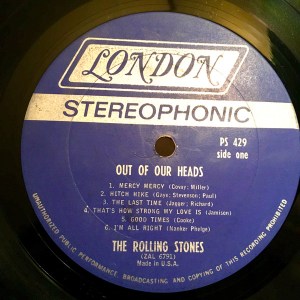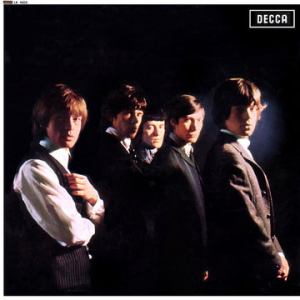More Rolling Stones
Records We Only Offer on Import Vinyl

- A killer UK boxed Decca copy with Shootout Winning Triple Plus (A+++) grades or close to them on both sides, and pressed on fairly quiet vinyl too
- This is classic 60s Stones sound courtesy of Dave Hassinger, working in L.A. (RCA) and London (Olympic + Pye)
- If you’re looking for the ideal combination of Tubey Magical richness and transparency, this British Decca LP in stereo is one of the few that will show it to you
- 5 stars – Richie Unterberger hailed it as one of the Rolling Stones’ “strongest, most eclectic LPs” and, according to Robert Christgau, Between the Buttons was “among the greatest rock albums.”
This LP has the British track listing, so don’t pick this one up if you’re looking for great sounding versions of “Let’s Spend The Night Together” or “Ruby Tuesday.” A bummer, but the domestic copies sound awful, so what can you do?





 More of the Music of The Rolling Stones
More of the Music of The Rolling Stones